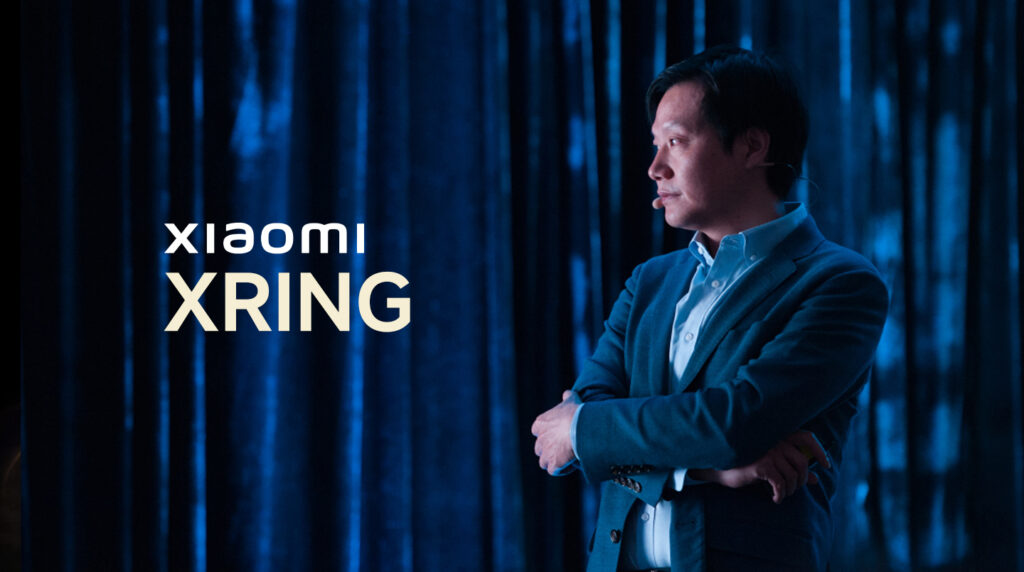Shanghai-based FangQing Technology has wrapped up an impressive angel round, raising hundreds of millions of yuan (about $14 million USD). Xiaomi Strategic Investment and NIO Capital led the round, with other notable backers including Mingshi Capital, Lingang Science and Technology VC, and 37 Interactive Entertainment. The fundraising was executed in three phases: Angel, Angel+, and Angel++. The capital will fuel FangQing’s R&D, accelerate product development, and support expansion on a global scale. For Xiaomi, this aligns with ongoing strategic moves in AI chip development and may complement key initiatives like HyperOS and future hardware releases. For further details on related investments, the Xiaomi News section is recommended.
A New Approach to Distributed AI Chip Design
FangQing is pioneering a novel AI architecture that separates context-aware and context-free elements within models. Instead of traditional Transformer structures—which process feed-forward neural networks and attention mechanisms in tandem—FangQing’s design splits these into distinct modules, each optimized for distributed processing. This modular approach is expected to deliver significant efficiency gains, particularly for edge AI applications.
Leadership: Liang Jun Takes the Helm
In August 2024, FangQing appointed Liang Jun as CEO. Liang is well-recognized in the industry as the former CTO of Cambricon and the chief SoC architect behind HiSilicon’s Kirin series. Among his accomplishments are the Siyuan 290, 370, and 590 AI chips, as well as integrating Cambricon’s NPU into Huawei’s Kirin 970. His expertise reinforces FangQing’s position as a leader in AI chip innovation and commercialization.
Investment Summary
- Angel round: Xiaomi Strategic Investment
- Angel+: NIO Capital
- Angel++: Lingang Science and Technology VC
- Additional investors: Mingshi Capital, Huaye Tiancheng, 37 Interactive, New Intelligence Cognition
Strategic Implications for Xiaomi
Xiaomi’s investment in FangQing is a clear signal of its commitment to building an advanced AI ecosystem spanning smartphones, smart devices, and the automotive sector. This development may directly support product lines such as Xiaomi Pad 6 and initiatives like HyperConnect. Additionally, core technologies—such as the XRING O1 chip and future NPUs—could benefit from FangQing’s distributed AI architecture.
For users focused on Xiaomi system updates, the company recommends solutions like MemeOS Enhancer (available on Google Play) or tracking updates at HyperOSUpdates.com.
Source: IT Home,


 Emir Bardakçı
Emir Bardakçı

![Update life of Xiaomi, POCO, REDMI devices: Full list [February 2026] 4 HyperOS 2](https://xiaomitime.com/wp-content/uploads/2025/03/HyperOS-2-300x163.jpg)